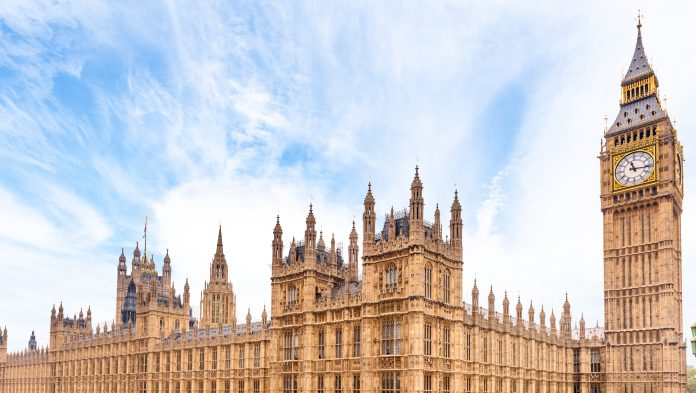Following recent government crackdowns in a bid to protect underage gamblers, the UK Department for Digital, Culture, Media and Sport has published its new white paper, which sets out new player protections in the online sector.
The government division lays out its response to the Consultation on Proposals for Changes to Gaming Machines and Social Responsibility Measures in May 2018, which proposed ways in which player protection measures can be strengthened.
In the most recent publication, DCMS – in collaboration with the Gambling Commission -will bring in changes that will mean age and identity must be verified before consumers can deposit money and gamble.
A new development to the report will be that gambling operators must implement tighter age verification in addition to strengthening the same measures before players will be able to access free-to-play demo games.
The Gambling Commission website detailed: “While free-to-play games are not technically gambling (there is no prize involved), there is no legitimate reason why they should be available to children.”
The new rules, which follow an open consultation, will ensure operators verify customers’ age and identity details faster than the previously allowed 72 hours, which is hoped to benefit consumers.
Neil McArthur, Gambling Commission chief executive, said: “These changes will protect children and the vulnerable from gambling-related harm, and reduce the risk of crime linked to gambling. They will also make gambling fairer by helping consumers collect their winnings without unnecessary delay.’
“Britain’s online gambling market is the largest regulated market in the world and we want to make sure it is the safest and the fairest. Today’s changes follow our review of online gambling and our ongoing widespread regulatory action into the online sector. We will keep using our powers to raise standards for consumers.”
.@DCMS_SecofState Jeremy Wright: “Tech can be an incredible force for good and we want the sector to be part of the solution in protecting their users. However those that fail to do this will face tough action.” #OnlineSafety pic.twitter.com/WviGywWjLB
— DCMS (@DCMS) 8 April 2019
Jeremy Wright, Secretary of State for Digital, Culture, Media and Sport, added: “These significant changes mean operators must check someone’s age before they gamble, and not after. They rightly add an extra layer of protection for children and young people who attempt to gamble online.
“By extending strong age verification rules to free-to-play games we are creating a much safer online environment for children, helping to shut down a possible gateway to gambling- related harm.”
The new changes are set to come into play on May 7.













